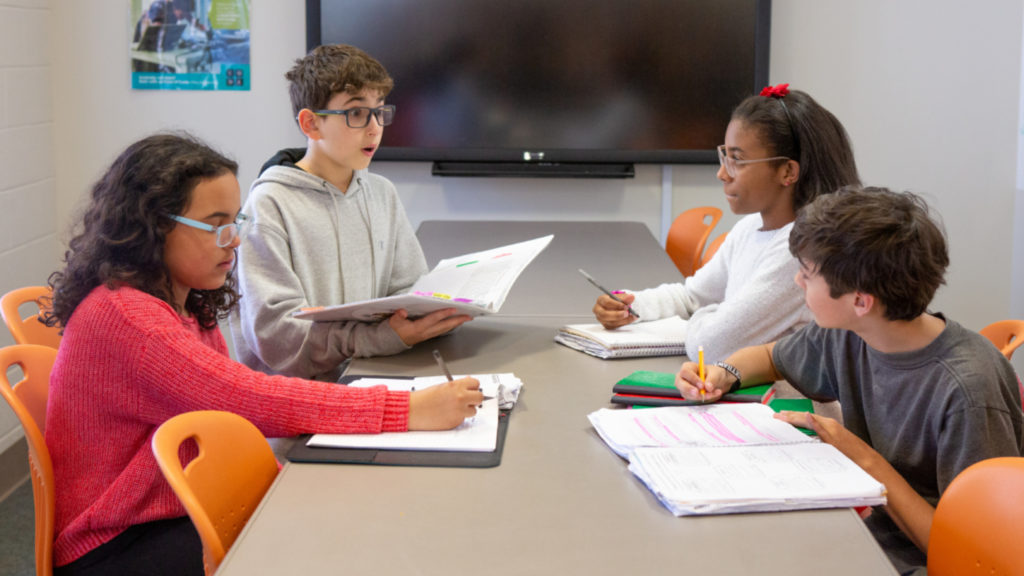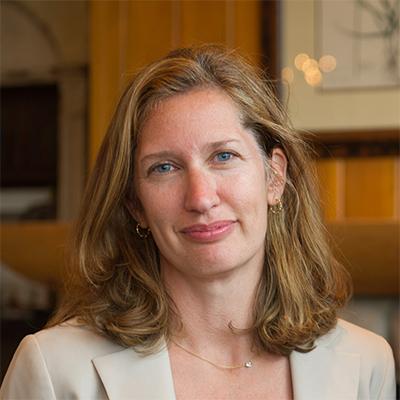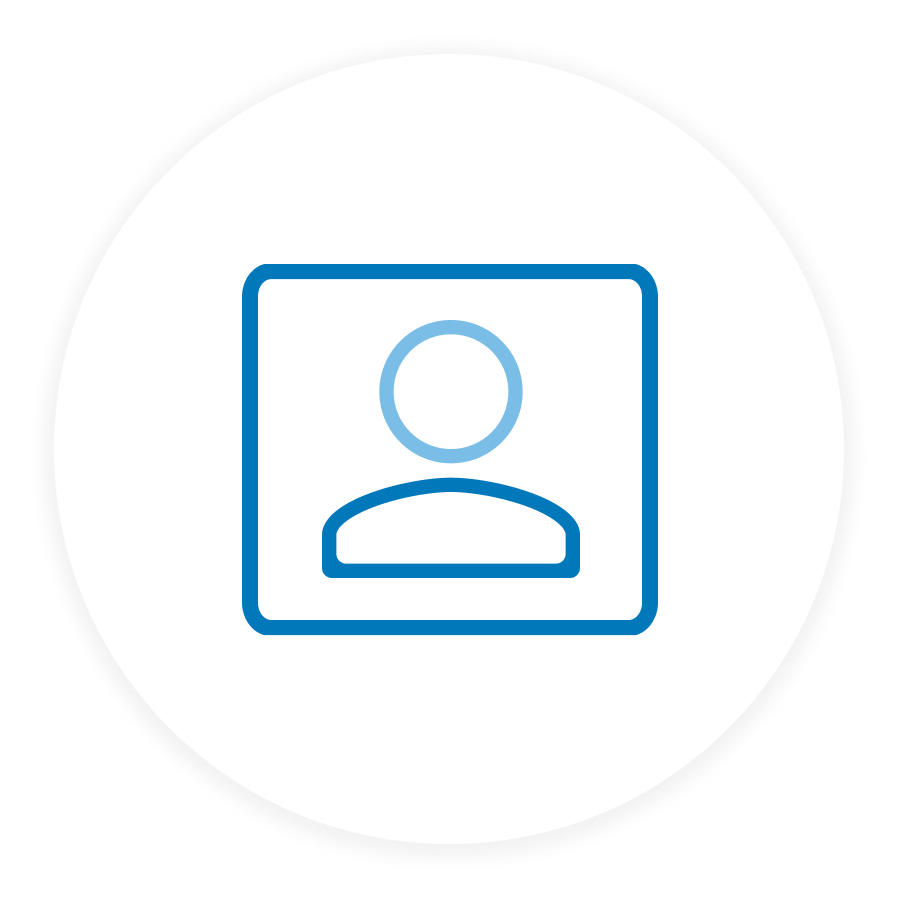The COVID-19 pandemic upended normal operations for school systems all over the country. Those disruptions continue even now, almost a year after the nation’s first school buildings closed.
The crisis has forced school systems to overturn foundational assumptions—including where and when learning happens, who can be a teacher, and the role of community groups in public education. It has hammered home the idea that learning need not be confined to six hours a day, five days a week, within four walls of a school.
The crucial question is whether a new education system can emerge from this crisis that breaks free from those assumptions, changes the relationships between school systems and communities, and produces radical improvements in student learning.
Today we are honored to announce a set of grants to help school districts and their community partners launch learning hubs to support students this school year and to inform long-term change. We will work with six school systems and organizations in their communities to develop fundamentally new approaches to supporting students that endure beyond the crisis—and that address long-standing inequities and give families and communities more power to shape teaching and learning.
We solicited ideas from more than 50 school districts across the country, and invited full proposals from nearly half of them. These six districts rose to the top, thanks to the ambition and creativity of their proposals, and the potential for these hubs to inform long-term transformation. Each district will receive up to one million dollars in grant funding, supported by the Walton Family Foundation and the Michael & Susan Dell Foundation, to make their plans a reality.
Central Falls School District (Rhode Island)
District leaders see a need for a dramatically different approach to high school to re-engage students during remote learning. They intend to build a new model capable of delivering levels of personalized support that wouldn’t otherwise be possible during remote learning. The district will enlist adults who live in the same communities as the students they serve and who have similar life experiences to serve as hub leaders. They will monitor student attendance and engagement data, and focus on providing relevant learning experiences that help them connect to school.
Over time, the district and its partners at the Highlander Institute and Freedom Dreams, a Rhode Island-based planning and design organization, hope to build a new high school program that gives students a more flexible path to a diploma. They also intend for the adults who staff the hubs to earn teaching credentials and help grow its ranks of bilingual educators.
DeKalb County School District (Georgia)
This vibrant Atlanta suburb is home to a new superintendent who is coming into office as an equity warrior. The district’s leaders intend to build a new approach to alternative education. Pushed to the margins of many school systems, alternative education often struggles to engage those it’s supposed to help: students who are often behind on credits and juggling school alongside work and family responsibilities. In collaboration with Disruptive Partners, an Atlanta-area nonprofit, they will enlist the support of community partners to ensure students in alternative education programs receive an education approach that better meets their needs.
Learning hubs can be more geographically accessible than traditional campuses, offer more flexible schedules, and better integrate career certification and community service programs that don’t fit into a conventional school. If the district can support students in alternative education more effectively through hubs, it plans to apply them throughout the district.
Edgecombe County Public Schools (North Carolina)
This rural school district east of Raleigh started piloting learning hubs in the fall to support students during remote learning. Since then, some parents have requested that their children remain in a hub rather than return to traditional in-person classrooms; the need to engage students has taken on broader urgency. District surveys of high school students found they worry about a lack of motivation, difficulties with remote learning, and competing demands on their time—including jobs.
The district wants to use learning hubs to test new approaches to school that will better meet students’ needs. It’s designing a “spoke and hub” model. All students will enroll in a brick-and-mortar school or the district’s virtual school, where they will spend approximately half their time engaging in core content. For the other half of their time, elementary and middle school scholars will join interest-based groups, or “spokes.” High school students will receive small-group or one-on-one coaching from a facilitator, and work at paid positions or intern for local organizations.
Guilford County Public Schools (North Carolina)
Leaders of this large district, which encompasses the cities of Greensboro and High Point and surrounding rural and suburban areas, say they have heard a consistent message from their high school principals during the pandemic: We know where our disengaged students are. But we need new ways to reach them.
The district is working with principals and its community partners, the Kellin Foundation and the National Conference for Community and Justice, to launch learning hubs on their campuses that support students with remote learning and provide tutoring and enrichment activities—including arts programs. It hopes to use the hubs to support a blended learning model that allows students to attend in-person for a shorter, three-hour day and complete assignments outside of school. The goal is to provide a more flexible high school experience that increases student achievement, course completion, and graduation.
Indianapolis Public Schools (Indiana)
Indianapolis was one of the first cities in the nation to launch a citywide network of learning hubs that provided in-person support to students while school campuses were closed—thanks in part to a strong partnership between the school district and The Mind Trust, a local nonprofit focused on improving education opportunities. Most of its learning hubs are operated by churches and community organizations, which have cultivated high levels of trust with neighborhoods they serve around the city. The hubs, coordinated by The Mind Trust, will help leaders find new ways to involve these community organizations in the work of supporting students, and allow an autonomous public school in the district to test a more flexible high school model that is more compatible with student internships.
Oakland Unified School District (California)
Since last summer, The Oakland REACH has operated a virtual hub providing intensive support to students and families, with an emphasis on literacy. The nonprofit parent organization is now forming a stronger partnership with the Oakland Unified School District (OUSD) to support students during the pandemic, including both in-person learning hubs that help students connect to online enrichment, and an expansion of their virtual hub model, which provides academic and social enrichments, technology training and support, parent workshops, and other wraparound services.
The Oakland REACH will continue to use its hubs to deliver literacy instruction consistent with the latest research on reading, and their partnership with OUSD will expand these practices to more district schools.
The promise of durable change
Districts are hungry for new approaches to support students during the pandemic. But these districts and their community partners are thinking beyond the immediate crisis. They are learning from families and community groups to create new and better systems for supporting students. They are creating more flexible schedules that are more compatible with their students’ lives, and that unlock new opportunities for learning and career exploration beyond the four walls of a traditional school. And they are helping families and communities realize the power they have to build a better system.
Our work will focus on ensuring that school systems don’t simply return to normal after the pandemic. Normal wasn’t working for far too many students. Our goal is to ensure that when the current crisis passes, the new systems we build will be meaningfully better.
Dan Weisberg is CEO of TNTP. Robin Lake is director of the Center on Reinventing Public Education.





